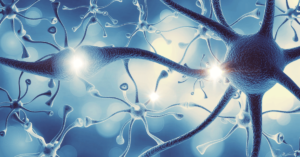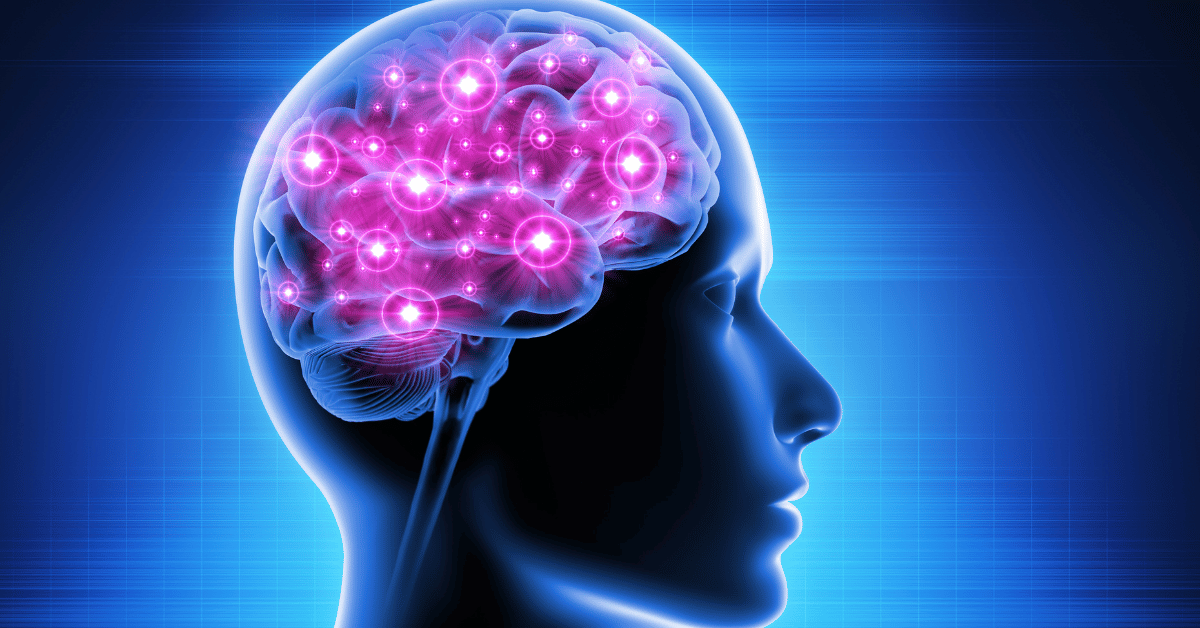There’s no doubt that drug and alcohol addiction impacts the brain. Substance use disorders have enigmatic effects on our minds. How various drugs impact the brain can differ greatly. Prolonged substance use, however, is what makes the greatest impact on neurochemistry. Think dopamine. Moreover, any type of addiction, whether it involves drugs, porn, food or phones can affect the brain uniquely, and literally rewire the way we engage with the world around us.
The Role Dopamine Plays in Addiction
When studying what drugs do to the brain, much analysis fixates on the dopaminergic reward system. A Harvard health article explains the development of tolerance on the basis of how addictive drugs impact the creation of dopamine. Such substances are known to release anywhere from twice as much to 10 times the amount of dopamine that natural rewards do.
The dopamine system typically reacts to positive experiences that get classified as rewards by the brain. In short, addictive drugs typically manipulate this system, which is what causes people to get addicted to them.
The whole point of the dopamine system is to orient the human being on which actions should be repeated and which shouldn’t. That which is rewarded is what people typically repeat. To overstimulate this mechanism is to engender extreme repetition to the overstimulating action — addiction.
Addiction Is Its Own Reward, in a Bad Way
This is partly why more and more addiction treatment providers are looking into the prospect of incentivizing drug rehab. The opioid crisis has surged to such an extent that experts are in what some have called “a state of desperation” to lure those with substance use disorders into treatment.
In an effort to curb the death toll, they offer gifts, candy and cash as incentives for treatment. It’s an attempt to gamify recovery because of the understanding that addiction gamifies the reward system.
Addiction operates this way, which demonstrates that it acts as its own reward. The dopaminergic reward system is fooled by substance abuse into believing that the substance should be continually abused. Recovery is the process by which a person gradually convinces the brain otherwise, which is fighting neurochemistry with experience.
Dopamine & Neurotransmission Interference in Addiction
Interference in Addiction
Drugs and alcohol disrupt the way neurons communicate with each other. Neurotransmitters are the mechanisms by which neurons process signals that are being sent and received. The manner in which this disruption occurs differs from one drug to another, though.
Marijuana and heroin, which are very different substances, both activate neurons by acting like neurotransmitters. The signaling perceived by those neurons, however, is very different. Either way, though, both drugs cause abnormal messages to be sent according to the National Institute of Drug Abuse (NIDA).
Stimulants Are a Different Story
When it comes to stimulants, even weirder things happen. This class of drugs includes amphetamines, cocaine or speed to name a few. Their classified differently because they uniquely disrupt neurotransmitters.
Methamphetamine in particular causes neurotoxicity, which is one of several reasons it featured prominently in discussion among experts at the Mid-South Addiction Conference 2022. It was said at the conference that the full extent of meth’s damage likely still isn’t understood.
That neurotoxicity impairs cognition to the point that it increases impulsivity in users. This actually makes it harder for people to recover from meth addiction because impulse control — a cornerstone of recovery — is permanently affected.
Chronic Brain Disorder
The American Medical Association (AMA) and the American Society of Addiction Medicine (ASAM) both define addiction as a “chronic brain disorder” and a disease. Experts increasingly find it necessary to treat addiction as a medical issue. The aforementioned Harvard article pointed out that addiction is not just about alcohol and drugs.
“Neuroimaging technologies and more recent research, however, have shown that certain pleasurable activities, such as gambling, shopping, and sex, can also co-opt the brain,” the article read.
These findings by the AMA, ASAM and Harvard’s health summary on the subject are at odds with the U.S. diagnostic manual. The Diagnostic and Statistical Manual of Mental Disorders, Fifth Edition (DSM-V) still segments addiction as a concept into many different disorders attached to different substances.
Despite this, “consensus is emerging that these [addictions] may represent multiple expressions of a common underlying brain process,” the Harvard article said.
How You Should Treat Addiction
Your best bet for treating a chronic addiction is inpatient treatment. Landmark Recovery provides not only the residential treatment you need but also transportation to the facility nearest you. Call one of our addiction specialists at 888.448.0302 if you or a loved one need help.

Choose Recovery Over Addiction
We're here 24/7 to help you get the care you need to live life on your terms, without drugs or alcohol. Talk to our recovery specialists today and learn about our integrated treatment programs.




